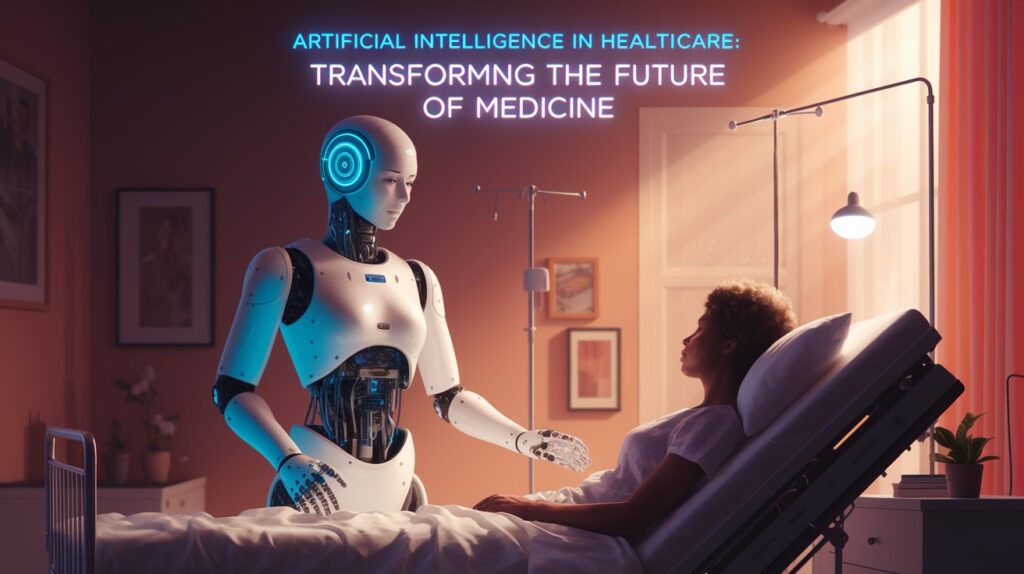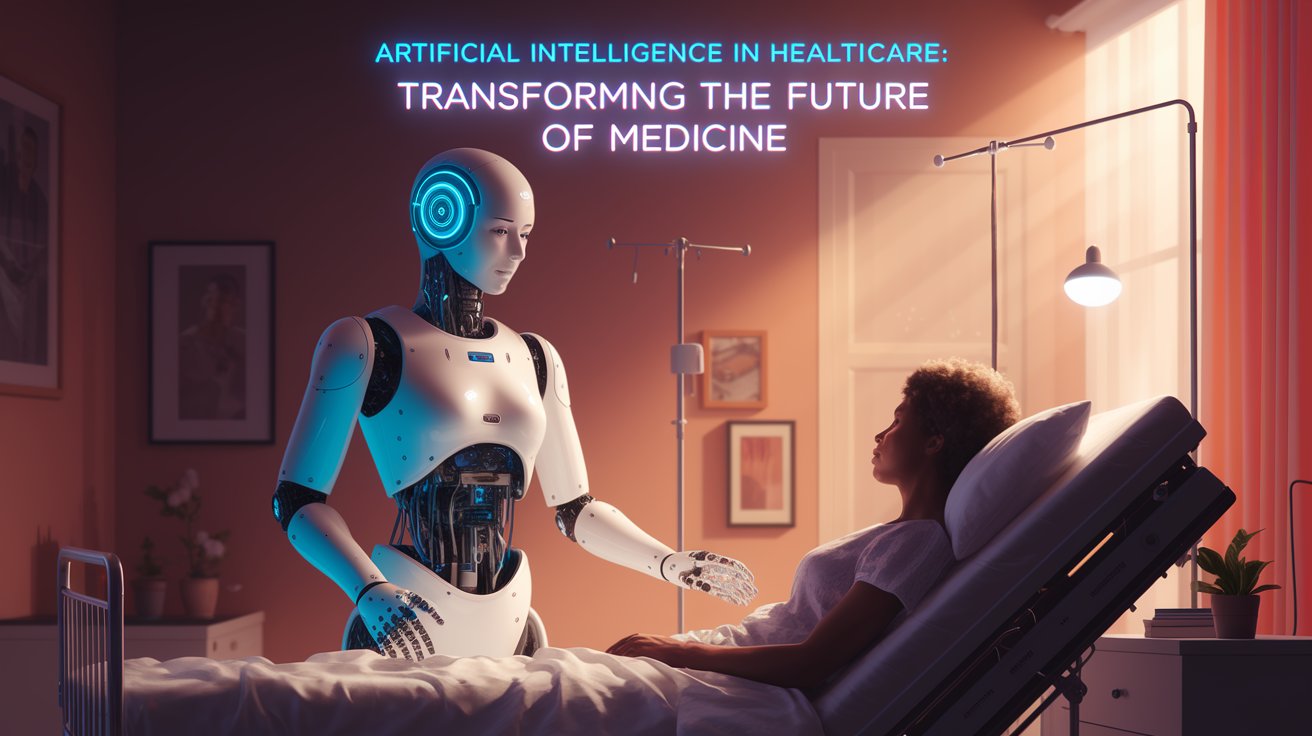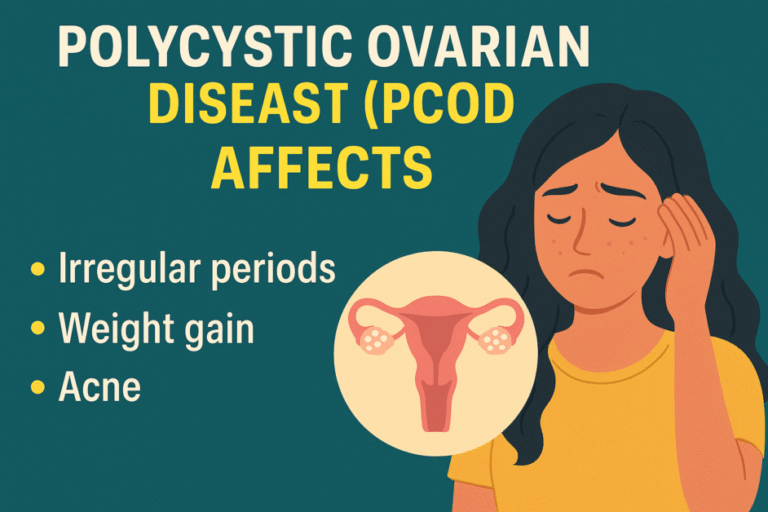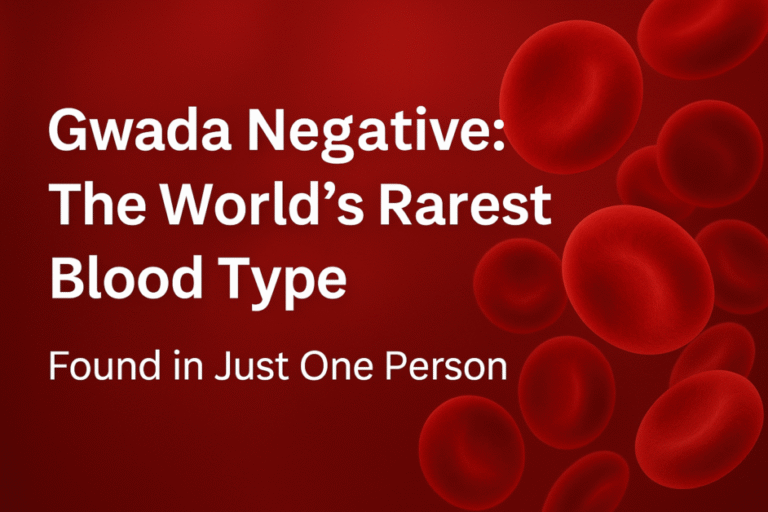Artificial Intelligence in Healthcare: Transforming the Future of Medicine
Introduction
Artificial Intelligence (AI) is revolutionizing healthcare, bringing efficiency, accuracy, and innovation to patient care. AI in healthcare involves using algorithms, machine learning (ML), and deep learning to analyze medical data, assist in diagnosis, and improve treatments. It is playing a critical role in medical imaging, robotic surgeries, virtual health assistants, and predictive analytics.
This article explores AI’s evolution in healthcare, its applications, benefits, challenges, and future prospects.
History and Evolution of AI in Healthcare
The use of AI in healthcare dates back to the 1950s when scientists developed early AI models to mimic human reasoning. In the 1970s, MYCIN, an AI system, was developed to diagnose bacterial infections. By the 2000s, machine learning and deep learning algorithms made AI more reliable in detecting diseases and optimizing healthcare workflows.
Today, AI is embedded in diagnostics, drug discovery, robotic surgeries, and personalized treatment plans. With continuous advancements, AI is set to redefine medicine in the coming decades.
How AI Works in Healthcare
AI in healthcare relies on several key technologies:
- Machine Learning (ML): AI learns patterns from medical data to predict diseases and recommend treatments.
- Deep Learning (DL): Advanced neural networks analyze medical images for disease detection.
- Natural Language Processing (NLP): AI processes and understands human language, helping in medical documentation.
- Robotics: AI-powered robots assist in surgeries, rehabilitation, and elder care.
These technologies help AI analyze vast amounts of patient data and provide precise insights for medical professionals.
Intermittent Fasting and Exercise: A Guide to Maximizing Fat Loss and Muscle Gain
Major Applications of AI in Healthcare
AI in Medical Imaging and Radiology
Medical imaging benefits immensely from AI’s ability to detect anomalies in X-rays, MRIs, and CT scans. AI-powered systems like Google’s DeepMind and IBM Watson can identify tumors, fractures, and other conditions with high accuracy. AI reduces diagnostic errors and speeds up the interpretation of imaging results.
AI in Disease Prediction and Prevention
Predictive analytics uses AI to assess a patient’s risk for diseases like cancer, diabetes, and heart disease. AI algorithms analyze medical history, lifestyle factors, and genetic markers to forecast potential health issues before they arise.
AI in Robotic Surgeries
AI-assisted robotic surgery enhances precision, minimizes risks, and speeds up recovery. Robots like the da Vinci Surgical System perform minimally invasive procedures with high accuracy. AI helps surgeons navigate complex procedures with real-time guidance.
AI in Drug Discovery and Development
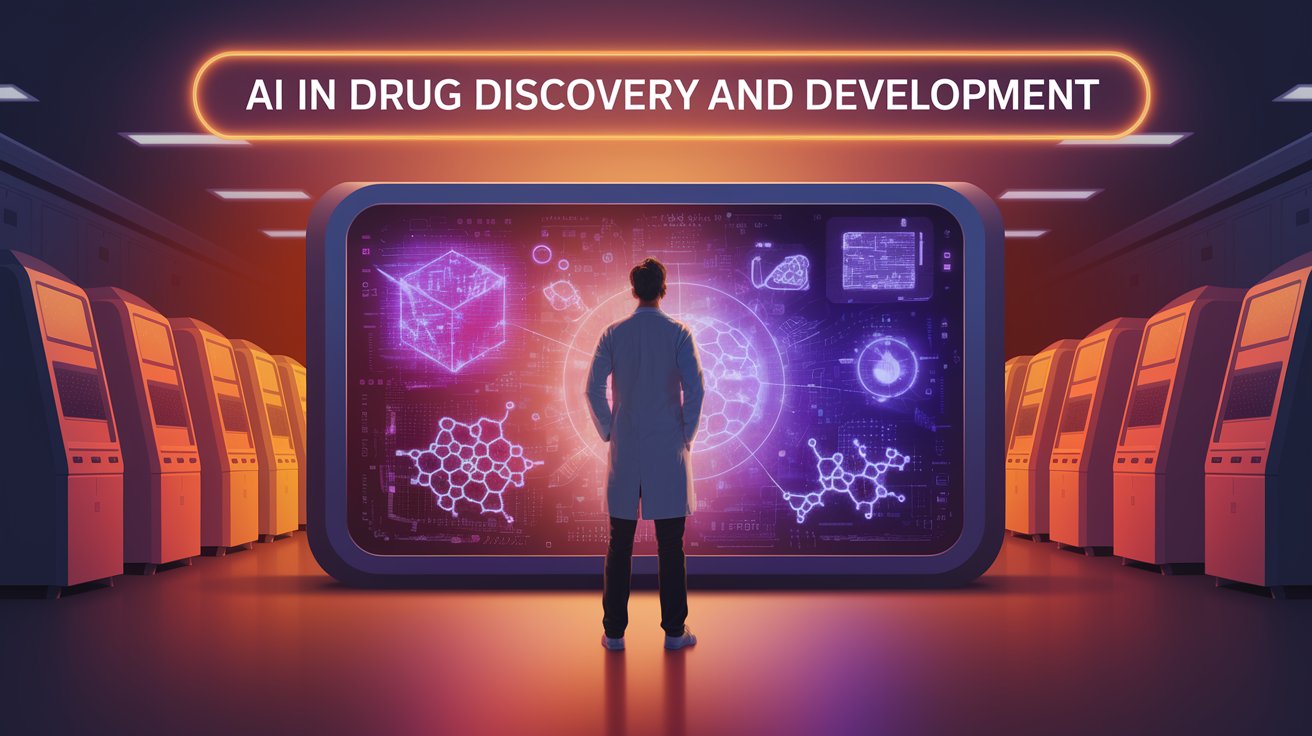
AI accelerates the discovery of new drugs by analyzing molecular structures and predicting their effectiveness. Companies like DeepMind’s AlphaFold use AI to model protein structures, leading to breakthroughs in medicine. This reduces research time and costs significantly.
AI in Mental Health Treatment
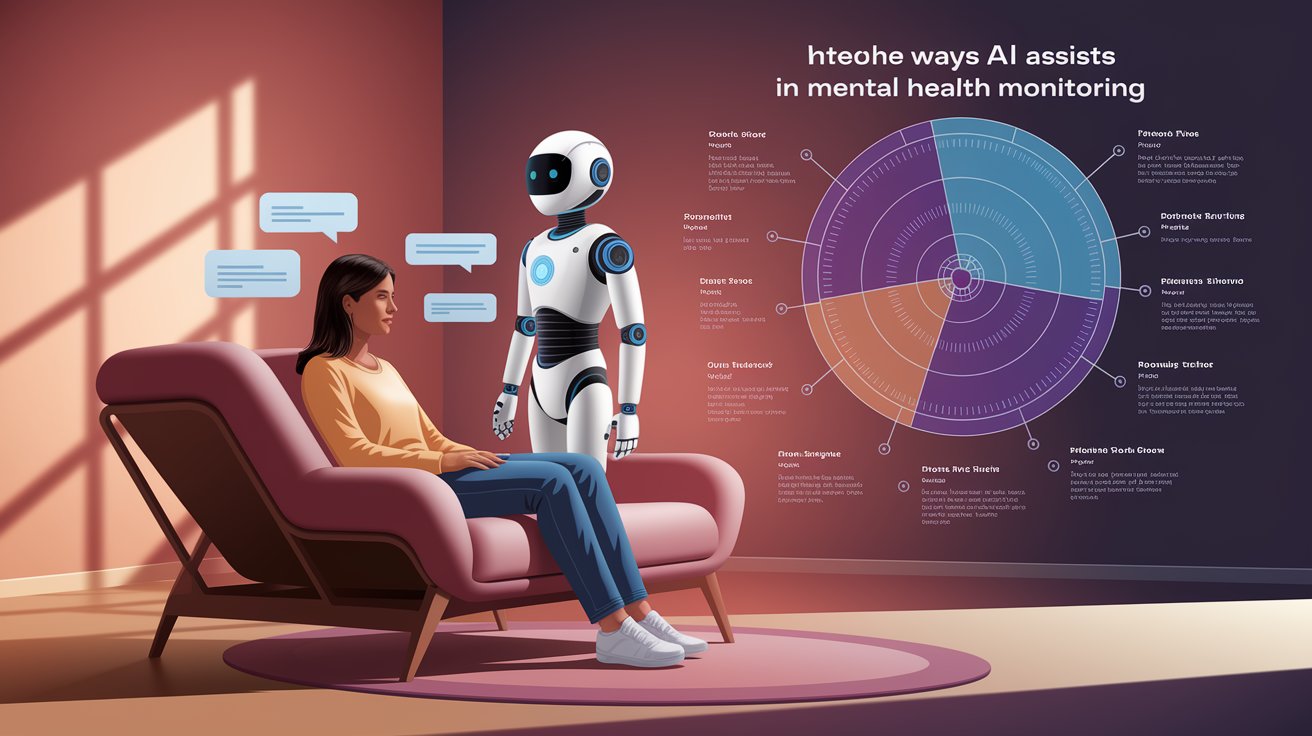
AI chatbots like Woebot and Wysa provide mental health support by offering therapy-like conversations. AI-based mental health monitoring detects early signs of depression and anxiety, allowing timely intervention.
AI and Telemedicine
AI enhances telemedicine by enabling virtual consultations, remote patient monitoring, and automated health assessments. AI-powered chatbots provide preliminary diagnoses, reducing the need for in-person visits.
Challenges and Ethical Concerns in AI Healthcare
Despite its advantages, AI in healthcare faces several challenges:
- Data Privacy Issues: AI relies on patient data, raising concerns about security and confidentiality.
- Bias in AI Algorithms: AI models may inherit biases from training data, leading to disparities in diagnosis and treatment.
- Regulatory and Ethical Concerns: AI decisions must be transparent and explainable to ensure patient safety.
Addressing these issues requires strict regulations and ethical AI frameworks.
Regulatory Frameworks for AI in Healthcare
Governments and regulatory bodies like the FDA (Food and Drug Administration) and EMA (European Medicines Agency) oversee AI applications in healthcare. AI-powered medical devices undergo rigorous approval processes to ensure safety and effectiveness.
The HIPAA (Health Insurance Portability and Accountability Act) in the U.S. mandates strict privacy rules for AI-driven medical applications.
Future of AI in Healthcare
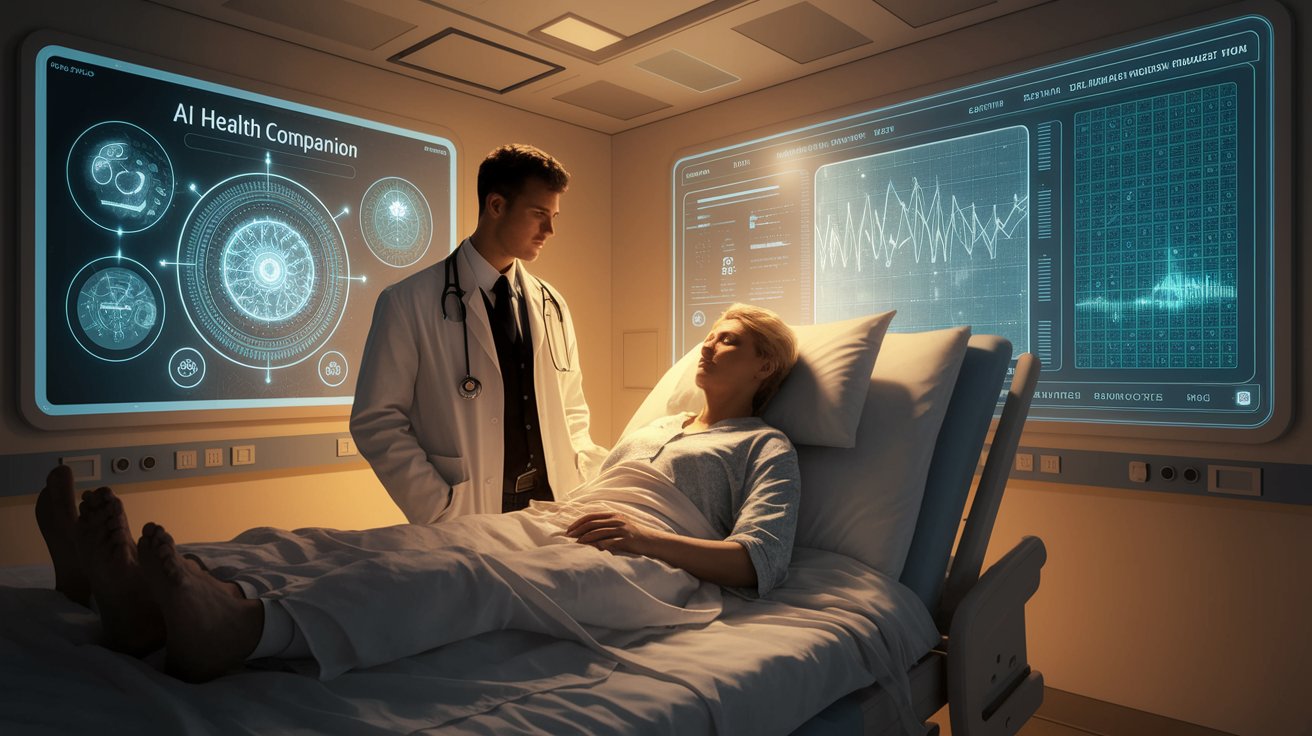
The future of AI in healthcare is promising, with innovations such as:
- AI-powered drug design reducing drug development timelines.
- Wearable AI devices for continuous health monitoring.
- AI-driven genomics for personalized treatments.
- Augmented reality (AR) in surgeries for better precision.
AI will continue to bridge gaps in healthcare, making medicine more accessible, efficient, and patient-centered.
Case Studies of AI in Healthcare
- IBM Watson in Oncology: AI-assisted cancer diagnosis and treatment recommendations.
- Google’s DeepMind in Eye Disease Detection: AI identifies retinal diseases with human-level accuracy.
- AI in COVID-19 Response: AI-powered predictive models helped governments track and manage outbreaks.
These examples highlight AI’s transformative impact on healthcare.
Frequently Asked Questions (FAQs)
1. How does AI help in healthcare?
AI assists in diagnosis, drug discovery, robotic surgeries, and telemedicine, improving efficiency and accuracy.
2. Is AI replacing doctors?
No, AI enhances medical professionals’ capabilities but does not replace human expertise.
3. What are the risks of AI in healthcare?
Potential risks include data privacy issues, biased algorithms, and lack of regulatory clarity.
4. Can AI detect diseases early?
Yes, AI can predict diseases like cancer and heart conditions through predictive analytics and imaging.
5. What is the future of AI in healthcare?
AI will continue to revolutionize medicine with personalized treatments, robotics, and real-time health monitoring.
Conclusion
AI in healthcare is reshaping the future of medicine with its ability to enhance diagnosis, treatment, and patient care. Despite challenges, AI’s potential to revolutionize healthcare remains unmatched. As technology advances, AI will play a crucial role in making healthcare more efficient, accessible, and personalized.
Vegan and Bodybuilding: Building Muscle on a Plant-Based Diet
Bench Press: A Step-by-Step Tutorial Bench Press

